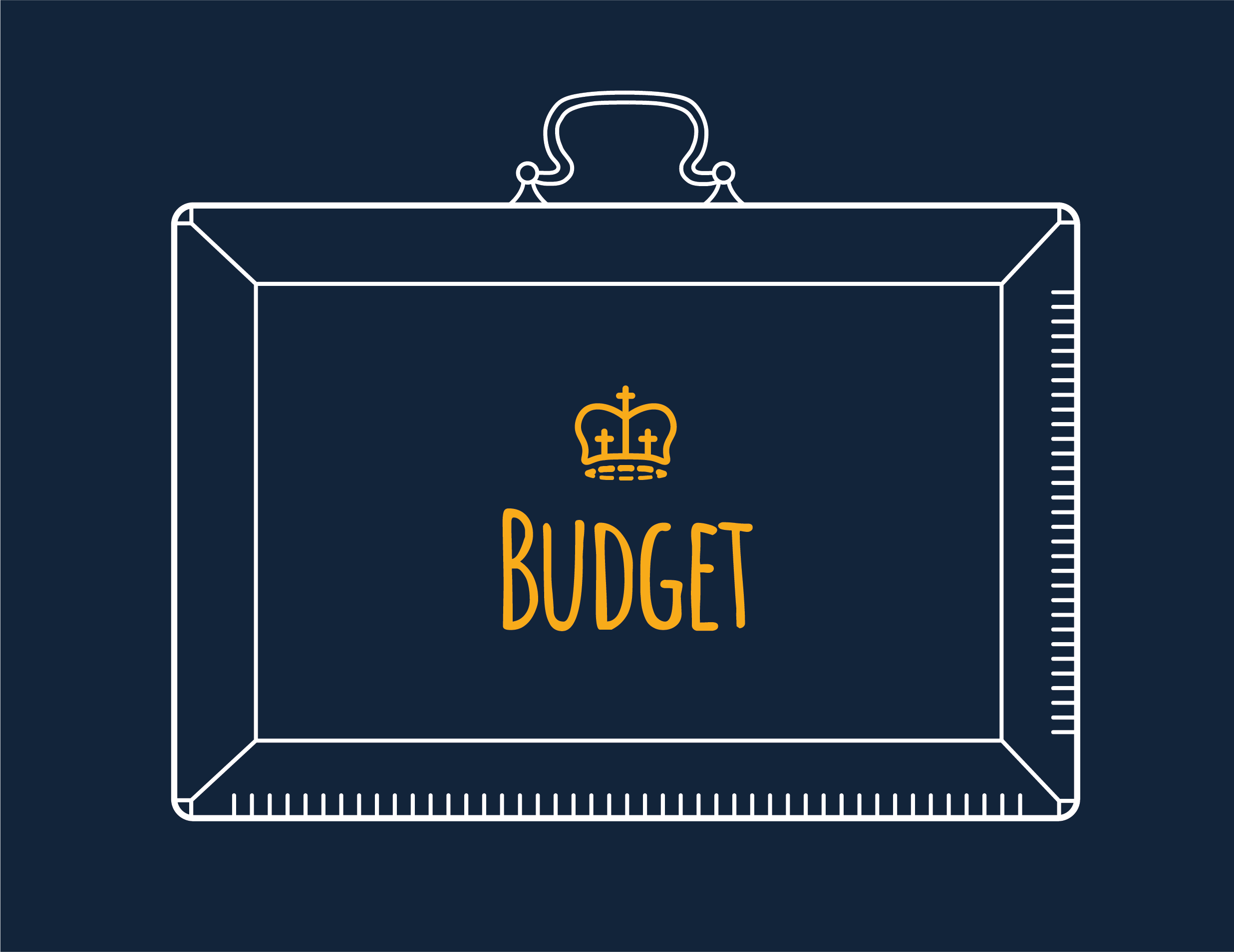
Saving money is an important way of preparing for some of the ups and downs in life. There are a variety of ways that you can save money, with different methods serving specific purposes. Whether it’s putting funds aside for retirement or a rainy day, there is a savings plan to suit what you need. For many people, an emergency fund is a common savings goal, as none of us know what’s around the corner.
In this expert guide, we’ll cover the ins and outs of emergency funds, exploring how much is useful to save, what this could be needed for, and the potential costs involved.
What is an emergency fund?
An emergency fund is money set aside in case of the unexpected, acting as a financial security net should you need it. This could be your lifeline if your income is suddenly reduced or if a costly, unforeseen expense comes your way.
You can store your emergency fund in a few different ways. Keeping it in cash somewhere safe in your home is a great option, or you could even consider an accessible online savings pot. With these, you have easy access to your money should you need it at short notice. This also means that you are aware of the precise amount you have, without the chance of the value going up and down in short succession in the same way it can with some investment options.
How much should I have in savings?
The amount you have in savings should reflect how much money you earn and can afford to put away. When building your emergency fund, you also need to consider your dependents and how much you’d need to look after them if your income were to dramatically decrease.
How much should you have in your emergency fund?
Setting aside at least 3 to 6 months’ worth of your salary can protect you from the financial fallout of a job loss or a drop in other income. If you’re wondering how to make a budget to help you with this, then start assessing your current income and outgoings. With this, you can spot where there may be room for improvement when it comes to your expenditure, as it will highlight where you can reduce unnecessary spending. You can then focus more on saving for the future.
A simple way to build up savings, including putting money aside for an emergency fund, is to dedicate a percentage of your income to this each month. You can do this by following the 50/30/20 rule. With this, each month 50% of your income goes to your needs, 30% to your wants and 20% towards savings. For example:
- 50% needs: your living arrangement, groceries, utilities, transport
- 30% wants: hobbies, holidays, concerts, home décor, luxury clothing, eating out
- 20% financial future: emergency fund and other long-term investments
Emergency household costs fund
Unexpected household costs can be incredibly expensive. Unfortunately, these are common issues that arise – it could be anything from urgent home maintenance to replacing important appliances. When it’s something that impacts your everyday life, it can’t be ignored. Plus, if you do avoid fixing the issue, it can make the problem and the price worse the longer you leave it. Therefore, we often have to spend a lot of money to get these problems fixed as soon as possible.
This is where your emergency fund comes in. It’s there as backup when you need it. By preparing for problems before they arise, you can save yourself a great deal of stress. Here we are going to explore some typical household costs that you might have to cover at some point in the future.
Emergency heating engineer costs
If your heater breaks when you’re experiencing freezing weather conditions, this is something you need to fix promptly to avoid discomfort or even illness. The average cost for an emergency heating engineer to be called out to investigate the issue starts at £75 and is then can be about £60 an hour when the work is being performed. This can add up very quickly if it’s not a simple fix. That’s why having an emergency fund to cover the costs can be a welcome help when you need it.
Cost of a replacement boiler
There comes a time when you have no choice but to replace your boiler, as they don’t last forever. After initial installation, your boiler should work for 15 years or so before needing to be replaced, but this can vary. Buying and installing a brand-new boiler costs a considerable amount of money. Whilst there are different types and brands of boilers available to buy, you can expect a new boiler to cost you at least £1,500. Without an emergency fund, this lump sum might be a struggle for you to afford.
Cost of emergency car repairs
Many of us rely on our cars to get us from A to B every day, so when a problem arises with your vehicle, it can have a knock-on effect on other areas of your life. The cost of emergency car repairs varies depending on the issue, your car and the provider you use. In the UK, standard car mechanic rates are usually between £20-£60 per hour, so if you have an issue that takes time to fix, you’re likely going to be set back by hundreds of pounds. In worst-case scenarios, you may even need to get a new car, which could cost thousands of pounds.
Emergency roof repair costs
You need the roof of your home to keep you safe and dry but to have this, your roof will need maintenance from time to time. A standard roof leak repair can cost anything from £400 to £800 but it is a necessary payment. That being said, smaller roofs can be fixed for as little as £150, or, depending on the issue, some work can be performed for even less, such as cement bedding.
If you need a whole roof replacement, you’re looking at costs starting from £2,000 – and the price could likely be significantly higher than this, depending on the specifics. Emergency roof repairs and the price tag to go with them are no small feat. In scenarios like this, knowing you have your emergency fund to help pay for vital repairs is a real comfort.
Unexpected job loss
Most of us rely on our jobs to sustain our lifestyles, so if you experience a sudden change and no longer receive the income you’re used to, it’s difficult to adjust. There are several reasons you could find yourself in a situation like this, from the company you work for going into administration to personal situations. It’s impossible to predict what the future holds.
With a job loss, not only will you lose your wage, but also your routine. This is a lot to deal with when it’s completely out of the blue. Therefore, having an emergency fund to bridge the gap whilst you recover from such drastic changes can give you some much-needed relief. This is especially so if the amount you’ve saved matches at least 3 months’ worth of your salary. Having financial security with the support of your savings means you’ll be less stressed if you do lose your income and can focus more on getting back on track.
Loss of income
In some cases, you may be unable to work due to illness or injury. In a scenario like this, it’s good to have added protection from the loss of income – for example, income protection insurance is an option to consider. With this in place, up to 70% of your income is protected if you’re unable to work due to illness or injury. T&Cs apply.
The importance of building an emergency fund
To conclude, having an emergency fund protects you financially in times of need. It is useful to have, as you never know when you might need backup cash for support. This could be for an emergency home repair, a medical bill, or unexpected loss of income. Whatever comes your way, it’s always better to have a plan of action in place to give you added peace of mind.
A consideration alongside your emergency fund is a medium-to-long-term savings plan. A stocks and shares ISA can be a great place to start when it comes to this, as it allows your money to grow over time so that you can build a nest egg for your future. An ISA is a tax-free investment, with an annual allowance, where your savings can gradually grow over the years. To find out more about the different plans we offer that can kick-start your savings journey, feel free to get in touch with us today.


